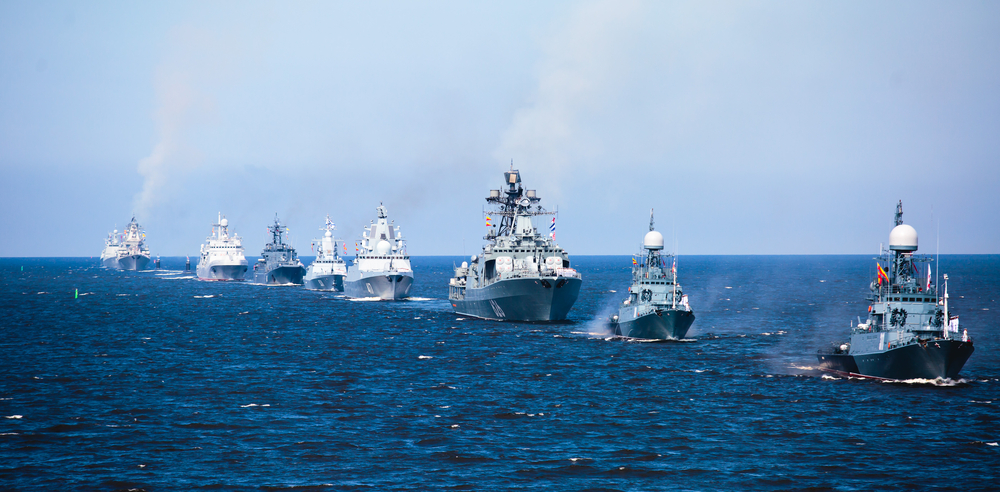Kim Jong Un unveils advanced naval ambitions as U.S. and South Korea raise concerns over regional stability
Others are reading now
North Korea has carried out its first cruise missile and anti-aircraft tests from its newest warship, part of a broader push to expand its maritime strike capabilities.
The move, unveiled this week by state media, has drawn scrutiny from Washington and Seoul amid fears of rising military collaboration with Russia.
The Debut of the 5,000-Ton “Choe Hyon” Class
The test involved North Korea’s new 5,000-ton warship, named after anti-Japanese revolutionary Choe Hyon.
According to Digi24, the vessel fired a range of weapons including supersonic and strategic cruise missiles, as well as anti-aircraft systems.
Also read
Leader Kim Jong Un personally oversaw the launch and praised the warship’s offensive and defensive capabilities, declaring it ready for full deployment by next year. He described the vessel as part of a “combined weapons system” capable of delivering tactical ballistic and cruise missile strikes.
Strategic Signals and Future Naval Ambitions
Kim also announced intentions to acquire a nuclear-powered submarine, marking the next step in Pyongyang’s ambitions to field a blue-water navy.
The announcement aligns with North Korea’s growing emphasis on operating beyond its coastal waters—a shift experts say signals intent to project power in more distant maritime regions.
Despite the fanfare, satellite imagery analyzed by experts from 38 North suggests the warship may still rely on tugboats for propulsion, indicating it is not yet fully operational.
International Reaction and Regional Tensions
U.S. and South Korean intelligence services are closely monitoring developments. Based on the vessel’s dimensions, analysts believe it is designed to launch both ship-to-surface and ship-to-air missiles. Officials in both Washington and Seoul remain concerned about potential Russian assistance in North Korea’s naval and nuclear development programs.
Yang Moo-jin, head of the University of North Korean Studies in Seoul, noted that the Choe Hyon-class ship reflects Pyongyang’s determination to establish an expeditionary naval force—a development that could further destabilize an already fragile regional security landscape.

